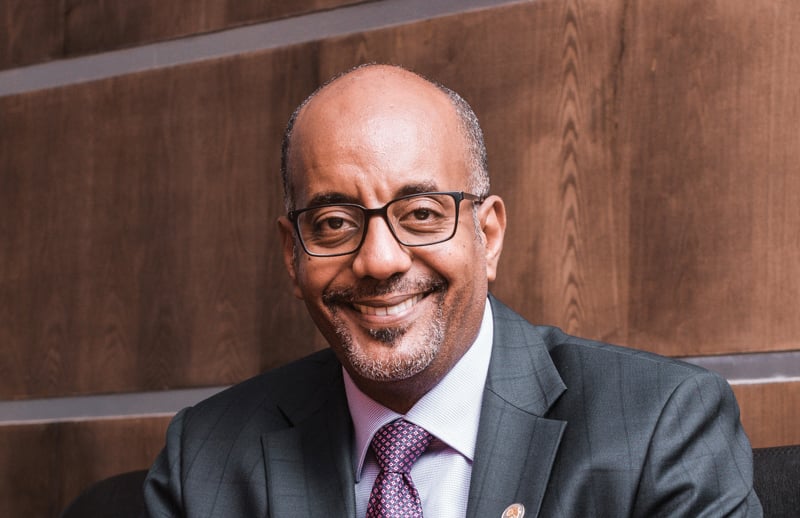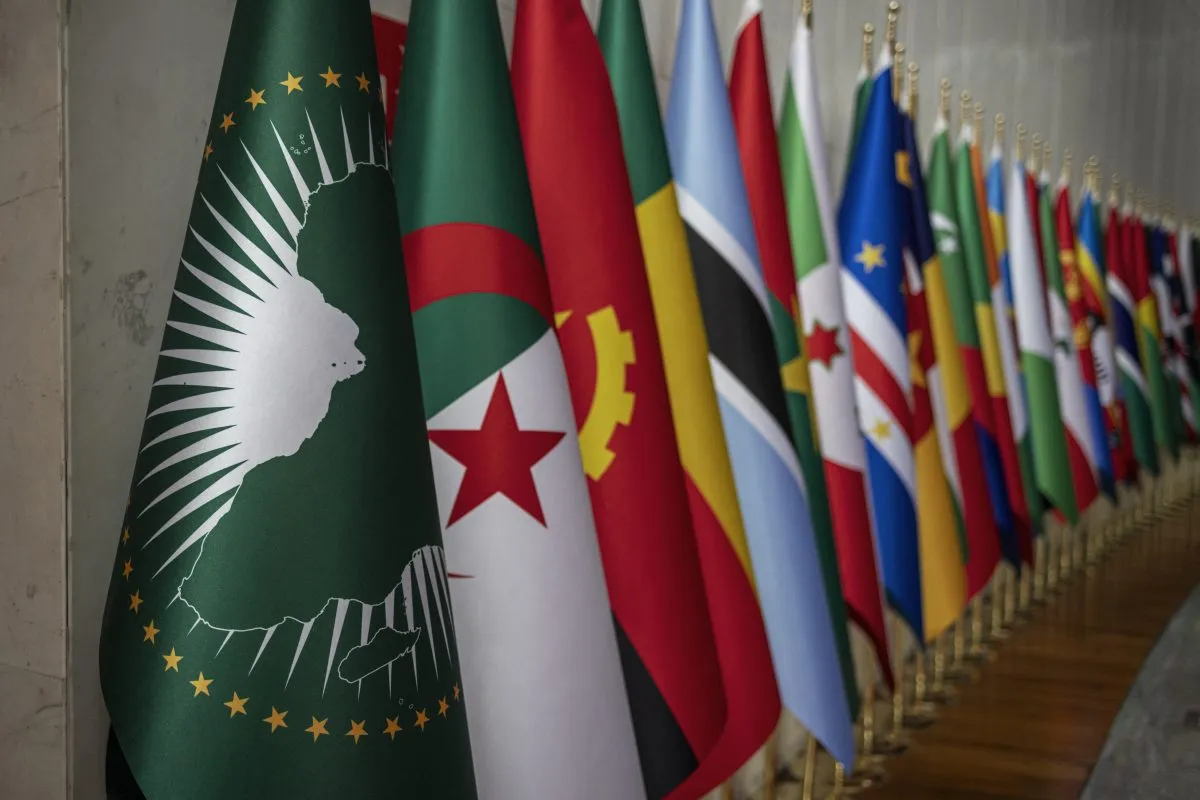The conclusions from the Fourth International Conference on Financing for Development (FfD4), convened this summer in Seville, Spain, could not have been clearer: Africa must look increasingly to itself and its regional champions to finance its future.
Africa’s development challenges are well known. Infrastructure gaps, from transport corridors to energy systems, continue to stifle industrial growth and regional trade. Food insecurity persists despite vast agricultural potential. High import bills for food and fuel drain scarce foreign exchange. Global capital markets remain prohibitively expensive for African borrowers, hamstrung by entrenched perceptions of risk and skewed rating methodologies.
But the point that is glossed over is that Africa already has the institutional foundations to respond, but they require more firepower. Regional Multilateral Development Banks (MDBs) such as the African Development Bank (AfDB), Trade and Development Bank Group (TDB Group), the institution I head, or the Africa Finance Corporation (AFC) are under-leveraged assets for the task at hand.
We enjoy better credit ratings than most of our shareholder countries and are ideally positioned to intermediate finance at lower cost and with greater developmental alignment.
Despite our strong growth over this last decade, by global standards our balance sheets remain too small given the size of the financing gap and opportunity that Africa presents, and access to concessional resources remains limited by inbuilt biases inherent in the global financial architecture.
Seville consensus demands shift in approach
The Seville consensus, a comprehensive framework developed and adopted during the conference, called for the tripling of MDB financing by 2030 and bridging the $4trn annual SDG financing gap in developing countries.
This ambition must be matched by a shift in approach: Africa’s regional banks must be equipped to take on a larger share of the financing burden. That means recapitalising them and granting them the policy space to innovate, whether in structuring diaspora bonds, crowding in export credit, or blending public and private finance in more catalytic ways.
At TDB Group, we have seen first-hand how smart partnerships and risk-sharing with global partners can be game changing. We have managed to leverage these partnerships to great effect, unlocking critical investments and trade finance solutions.
What Africa also needs is a better “experience management” strategy for investors. Successful early-stage investments are the most powerful form of promotion. A single positive-return story in infrastructure or agriculture can do more to attract follow-on capital than any amount of branding or rhetoric. Conversely, failed projects deepen scepticism and reinforce the narrative of Africa as high-risk and high-friction.
Experience management should be a core function of our financial institutions. It means not only de-risking projects, but actively holding hands with investors, solving bottlenecks, advocating with governments, and ensuring operational resilience.
This is how East Asia scaled its investment miracle: by making political stability and investor success a matter of national pride.
Domestic reform urgently needed
We must also reject the myth that capital scarcity is purely an external problem. Africa’s own savings, pension funds, and remittances, much of which sit idle or are channelled abroad, can be better harnessed with the right vehicles. Some countries like India have shown how to tap diaspora patriotism through targeted bond issuances and a focus on directing remittances towards investments instead of consumption. Africa can do the same. But to do so, we must first reform domestic financial systems, deepen capital markets, and provide credible instruments that offer both returns and reassurance.
Above all, Africa must embrace the new reality: this is no longer an era of altruistic aid, especially with shrinking Overseas Development Assistance (ODA). Global financing is increasingly governed by self-interest and economic security. This shift should not discourage us. Rather, it presents an opportunity to frame Africa’s development agenda in terms of mutual gain. From critical minerals to demographic dynamism, from clean energy to food production, Africa has solutions to many of the world’s strategic challenges. We must make the case, boldly and credibly, that investing in Africa is not charity. It is smart economics.
If global capital is to engage at scale, it will be through confidence and credibility. That means ensuring regional MDBs are well-resourced, well-governed, and visible champions of the continent’s transformation. The basic African development finance architecture exists. The time has come to scale, deepen and update it, with urgency, ambition and clarity, in an evolving global financial landscape.
Want to continue reading? Subscribe today.
You've read all your free articles for this month! Subscribe now to enjoy full access to our content.
Digital Monthly
£8.00 / month
Receive full unlimited access to our articles, opinions, podcasts and more.
Digital Yearly
£70.00 / year
Our best value offer - save £26 and gain access to all of our digital content for an entire year!

 Sign in with Google
Sign in with Google 



